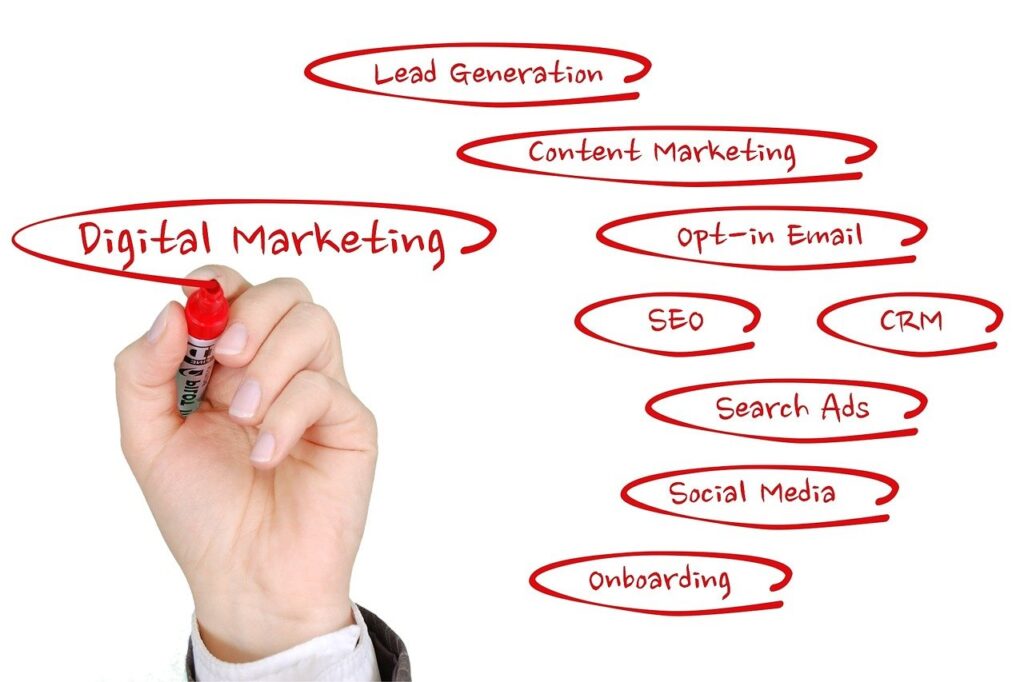Developing a marketing strategy for your e-commerce business is essential to attract the right audience and drive sales. As an e-commerce entrepreneur, you need to consider various factors to ensure your marketing efforts are effective and efficient. Here’s a comprehensive guide to help you create a successful marketing strategy for your product or service.

Understanding Your Target Audience
The foundation of any marketing strategy is understanding your target audience. Knowing who your ideal customers are allows you to tailor your marketing messages and choose the most effective channels to reach them. Start by researching your potential customers’ demographics, interests, behaviors, and pain points.
Advertising Strategies
Once you have a clear picture of your target audience, you can choose the right advertising strategies to reach them. Here’s a look at various options:
- Organic SEO: Search engine optimization (SEO) involves optimizing your website to rank higher in search engine results pages (SERPs). By targeting relevant keywords and creating high-quality content, you can attract organic traffic without paying for ads. This strategy requires time and effort but can yield long-term results.
- Social Media Marketing: Platforms like Facebook, Instagram, TikTok, and YouTube offer vast opportunities to reach your target audience. You can use these platforms to share engaging content, run paid ads, and interact with potential customers. Each platform has its unique features and user base, so choose the ones that align best with your target audience.
- Paid Advertising: Paid ads can provide immediate visibility and drive targeted traffic to your website. Google Ads, Facebook Ads, Instagram Ads, and YouTube Ads are popular options. These platforms offer advanced targeting options, allowing you to reach specific demographics, interests, and behaviors.
- Content Marketing: Creating valuable and relevant content can attract and engage your target audience. Blog posts, videos, infographics, and podcasts are effective content formats. By sharing helpful information and showcasing your expertise, you can build trust and authority in your niche.
- Email Marketing: Building an email list allows you to communicate directly with your audience. Use email marketing to share promotions, product updates, and valuable content. Personalize your emails to increase engagement and conversions.
Creating a Marketing Strategy Hypothesis
Before launching your marketing campaigns, create a marketing strategy hypothesis. This involves setting clear goals and outlining the tactics you will use to achieve them. For example, your hypothesis might be: “Running Facebook Ads targeting women aged 25-34 will increase website traffic by 20% in three months.”
Evaluating and Adjusting Your Strategy
As your campaigns run, continuously monitor their performance. Use analytics tools to track key metrics such as traffic, engagement, and conversions. Compare the results against your initial goals to determine if your hypothesis was correct. If your campaigns aren’t performing as expected, be prepared to adjust your strategy. Experiment with different ad creatives, targeting options, and platforms until you find what works best.

Conclusion
Creating an effective marketing strategy for your e-commerce business involves understanding your target audience, choosing the right advertising strategies, and continuously evaluating your efforts. By setting clear goals and being flexible with your approach, you can develop a marketing plan that drives traffic, engages your audience, and boosts sales.